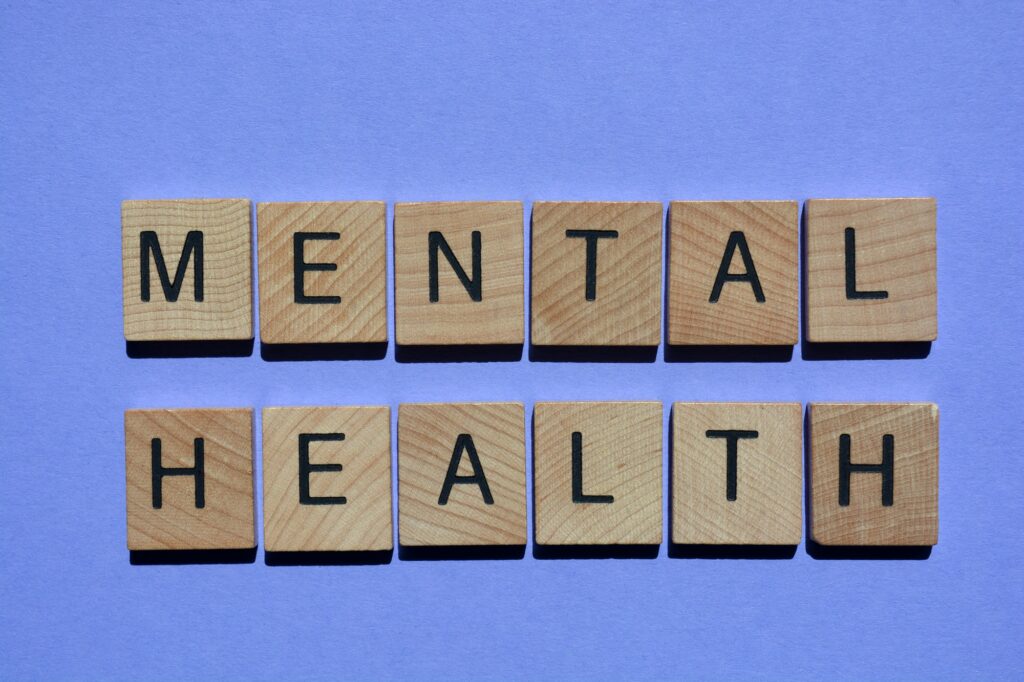Breaking the Silence: Navigating the Journey of Mental Health and Well being in 2024

Mental health especially being single is a status that everyone experiences at different points in their lives. While some people revel in the freedom and self exploration that singleness offers, others might grapple with feelings of loneliness, societal pressures or the perceived stigma of being alone. Especially for men, who often face societal expectations to be stoic, unemotional or even constantly in pursuit of romantic companions, the single phase can bring forth a myriad of mental health challenges. Recognizing and addressing these issues is crucial, not only for personal well being but also for building the foundation of a future healthy relationship.
The Meaning of Wokefishing in Dating 2024 Problematic Trend or Trout?
Understanding the Challenges
Societal Expectations
In many cultures, men are conditioned from a young age to be the protector, provider and pillar of strength. As such, the societal portrayal of a ‘successful’ man often includes a stable relationship. This external pressure, from family, friends or media can lead to feelings of inadequacy when single and lead to mental health issues.
Loneliness
Although loneliness can affect anyone, regardless of gender, studies have shown that single men often report higher levels of loneliness compared to their female counterparts. This may be due to a lack of emotional outlets or societal discouragement from seeking support.
Emotional Repression
Men frequently face stigmas against expressing vulnerability, which can lead to emotional repression. This not only impacts their mental well being but can also hinder the formation of deep and meaningful relationships in the future.
Steps to Improve Mental Health and Prepare for Dating
Self awareness and Reflection
The single phase is a fantastic opportunity for self discovery. Men should be encouraged to reflect on their wants, needs and personal goals. Understanding oneself lays the groundwork for understanding and empathizing with a future partner.
Cultivating Emotional Intelligence
Building emotional intelligence can improve interpersonal relationships. This involves recognizing, understanding and managing our own emotions while also being considerate of the emotions of others.
Developing Healthy Coping Mechanisms
Finding constructive outlets for stress like exercising, gym workouts, meditating or even just talking with friends can immensely boost mental health.
Broadening Social Circles
While it’s comfortable to stick with familiar faces, meeting new people expands perspectives. Joining clubs, attending workshops or volunteering can provide enriching experiences, reduce feelings of isolation and be a positive towards your mental health.
Seeking Professional Help
There’s no shame in seeking therapy or counselling. Professionals can provide tools and strategies to navigate feelings of loneliness, depression or/and anxiety.
Avoiding Harmful Substances
While it might be tempting to drown sorrows in alcohol or other substances it’s essential to remember that these are temporary fixes and might exacerbate mental health issues in the long run.
Engaging in Personal Growth Activities
Reading, learning new skills, traveling or taking up new hobbies can improve self esteem and personal satisfaction. Dating Danger – 20 Dating Red Flags that Signal you’re not Relationship Ready Yet!
The Importance of Being Ready to Date
Jumping into a relationship without being mentally or emotionally prepared can lead to unhealthy patterns and dissatisfaction for both parties involved. It’s vital for men to:
Recognize and deal with any unresolved issues from past relationships.
Understand their self worth, independent of a relationship. Be clear about what they want from a partner and a relationship.

While society has undoubtedly made significant strides in recognizing and addressing men’s mental health issues, the journey towards full acceptance and understanding is far from over. Historically, cultural and societal norms have boxed men into roles that often suppress emotional expression and vulnerability. These stereotypes have perpetuated the notion that men should be stoic, resilient and unyielding in the face of personal challenges. However, the reality is that men, like all humans have a spectrum of emotions and experiences that require validation and support.
The contemporary challenge lies in reshaping these ingrained perspectives and normalizing the idea that seeking help is not a sign of weakness but one of strength. Men need consistent empowerment to reach out for support when needed, to freely express their emotions without the fear of judgment and to prioritize their mental well being alongside their physical health. This shift is not only vital for the individual’s well being but has ripple effects on the community at large.
When men are mentally healthy and emotionally equipped they are better positioned to navigate the complexities of life from career challenges to personal relationships. It enhances their quality of life, enriches their interactions with others and fosters a sense of self worth that is independent of external validations. Moreover, entering romantic relationships with this solid emotional foundation ensures a healthier dynamic based on mutual respect, understanding and genuine connection.
In essence, the ongoing advocacy for men’s mental health not only serves to improve individual lives but also contributes to building stronger more empathetic communities. It’s an investment in a future where every individual regardless of gender is equipped to live their most authentic and fulfilled life.















